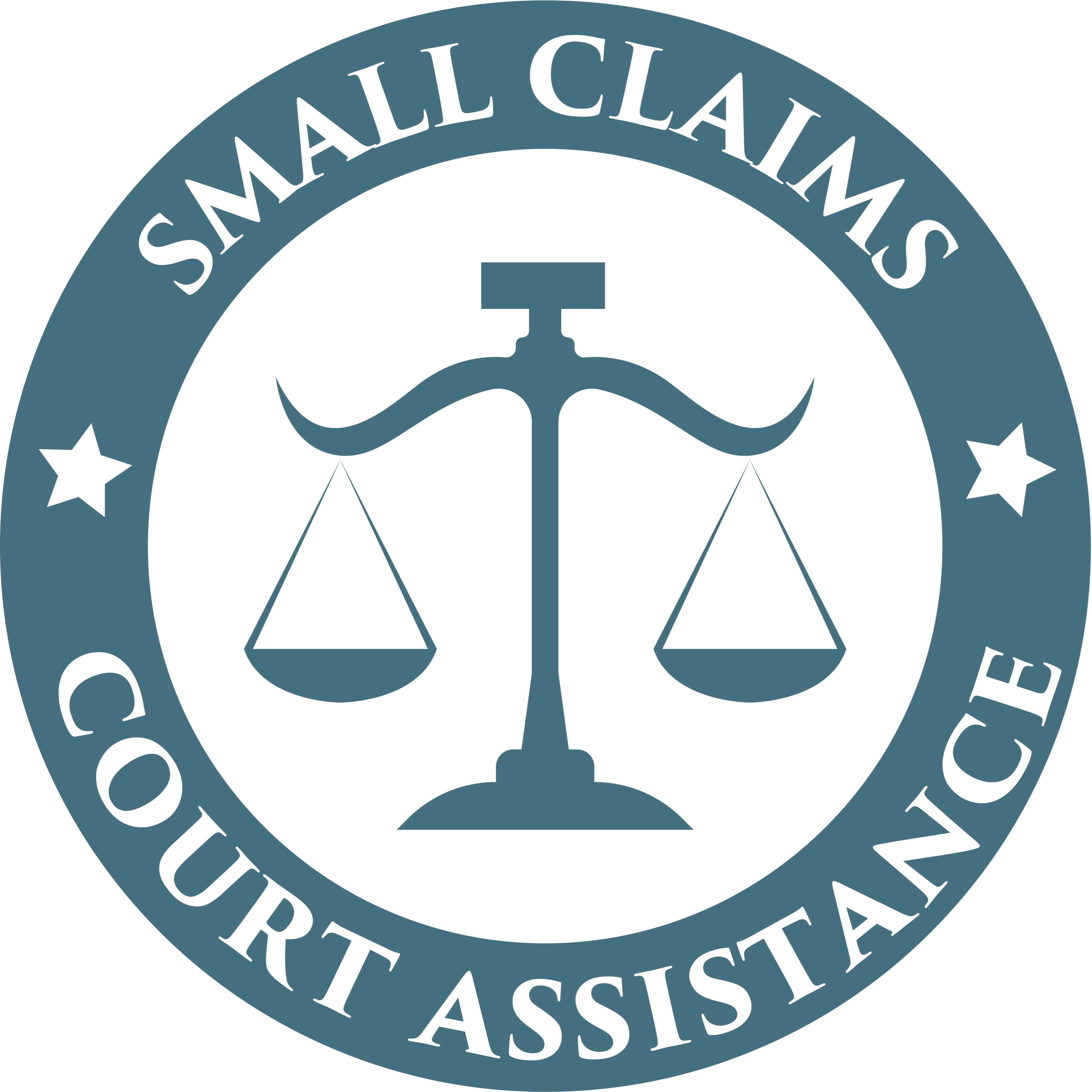When you find yourself in a situation where someone owes you money, or you have a dispute involving property, navigating the legal maze can be daunting. For many, Small Claims Court is a viable option that comes to mind. But what exactly is Small Claims Court? How does it work, and what do you need to know to navigate it successfully? This comprehensive guide aims to shed light on these questions. Yet, even as we explore this legal avenue, it’s critical to consider more efficient alternatives like third-party debt recovery services.
What is Small Claims Court?
Small Claims Court is a specialized type of civil court that handles disputes involving lesser monetary amounts, generally ranging from $2,500 to $10,000, depending on the jurisdiction. The court offers a more informal setting, designed to be accessible for people who are not legal experts.
Preparing for Small Claims Court
Research and Documentation
The first step is to gather all necessary documentation that can substantiate your case. This could be contracts, bills, receipts, emails, or other forms of correspondence.
Filing the Claim
You’ll need to file a claim with your local Small Claims Court, which usually involves filling out a form that outlines your dispute. There’s generally a filing fee, which varies by jurisdiction but is typically far less than the fees for higher courts.
Notice to the Defendant
Once the claim is filed, the defendant needs to be served notice, often by a process server, though rules vary by jurisdiction.
At the Court
The Hearing
Both parties present their case in front of a judge, magistrate, or arbitrator. Legal representation is often not permitted or necessary due to the simplified nature of the court. The judge will issue a judgment based on the evidence and arguments presented.
Judgments and Appeals
The judgment can be for the plaintiff (you win), for the defendant (you lose), or a split decision. In most jurisdictions, both parties have a limited time within which they can appeal the decision.
Pros and Cons
Advantages
- Low Cost: Usually cheaper than other forms of litigation.
- Speed: A relatively fast way to resolve disputes.
- Simplicity: The process is designed to be straightforward.
Disadvantages
- Limited Recovery: You can only claim up to the court’s monetary limit.
- Time-Consuming: Despite being faster than other courts, it’s still a lengthy process.
- No Legal Counsel: Complexity in your case can be a disadvantage without a lawyer.
Why Consider Third-Party Debt Recovery Services Like DCI?
Before immersing yourself in the complexities of Small Claims Court, consider utilizing third-party debt recovery services, particularly those offered by DCI aka Debt Collectors International. Here’s why:
- Cost-Effectiveness: Most operate on a ‘No Recovery, No Fee’ basis.
- Efficiency: Faster resolutions than court processes.
- Expertise: Skilled at negotiating even complex cases.
- Transparency: Continuous updates about your case status.
- Global Reach: Can handle international cases.
- Legal Support: Access to legal advice if needed.
- Custom Solutions: Tailored recovery plans.
- Stress Reduction: Let experts handle your case while you focus on your core business.
- High Recovery Rates: Proven success in various sectors.
- Compliance: Ensure that the recovery process complies with all relevant laws and regulations.
Conclusion
Small Claims Court offers a platform for resolving minor disputes in a less formal environment. While it has its advantages, it’s not always the most efficient or effective way to recover debts or settle disputes. DCI (Debt Collectors International) offers a compelling alternative with its third-party debt recovery services.For more information, visit www.debtcollectorsinternational.com or call 855-930-4343. Before committing to the rigors of the courtroom, consider DCI’s services as a more efficient, less stressful alternative.

Comments are closed